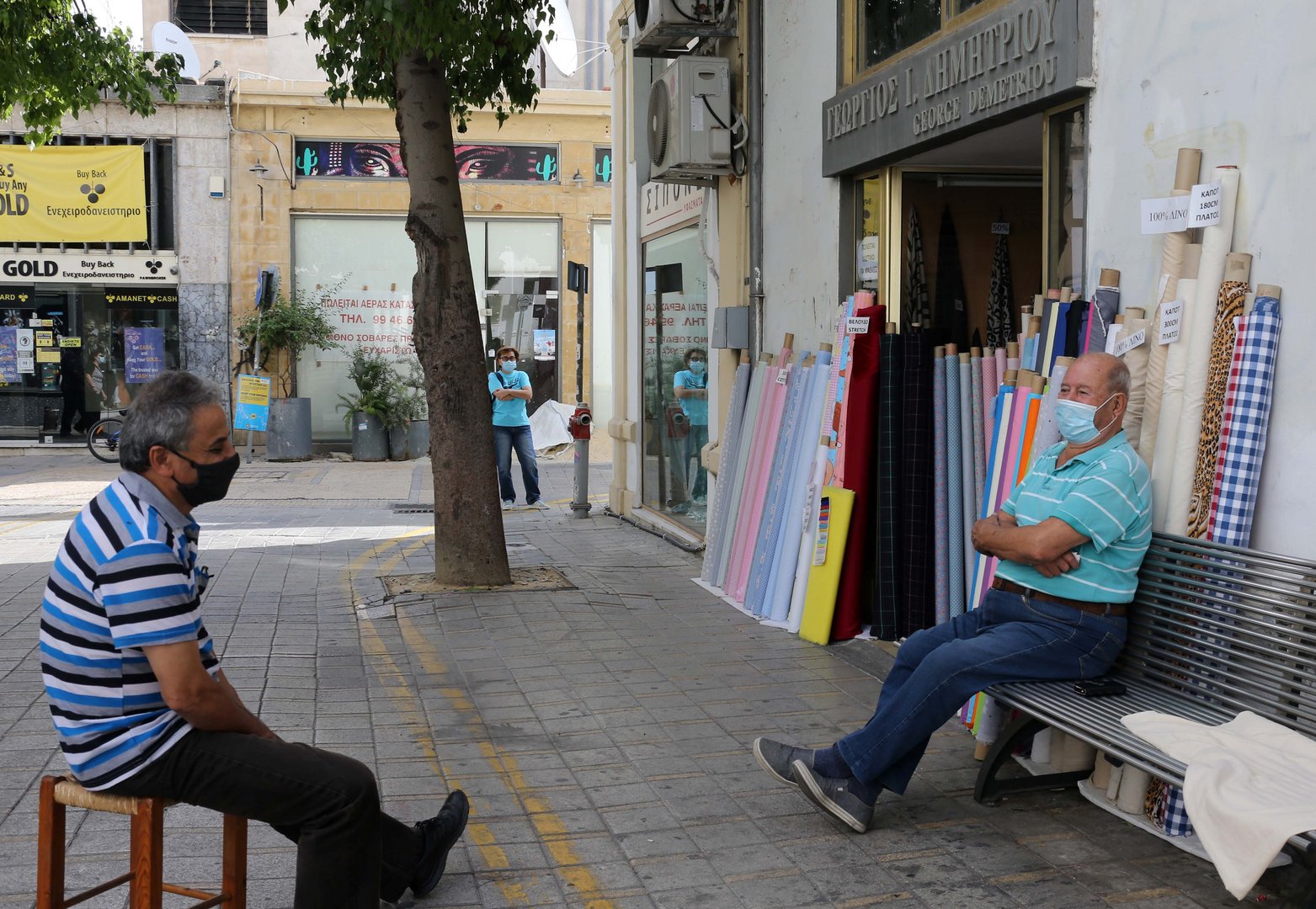Amid a record surge in the number of positive coronavirus cases, the health ministry on Friday reiterated that individuals who test positive must isolate for 14 days and cannot end their self-isolation earlier, even if they have negative PCR test result.
Contacts of positive cases can end their self-isolation on the seventh day, subject to a negative PCR, it added.
All those who do test positive for the virus must self-isolate as soon as they are informed of their result, inform their personal doctor and close contacts and await a telephone call from the health ministry’s tracing team.
Positive cases will receive an SMS with instructions to self-isolate and a table to list close contacts which should be sent by email to [email protected]. Close contacts are then notified, and arrangements made for tests.
Personal doctors are responsible for monitoring the health of their patients and for ‘releasing’ confirmed cases, not earlier than 14 days from the diagnosis or from exhibiting symptoms. Individuals who do not have a personal doctor are released by the tracing unit. Once released, they will receive a text message with the date of their release which can be used as a SafePass. They will also be able to issue a European digital Covid certificate.
Sick leave documentation is issued by personal doctors. All information given to the tracing team is used confidentially and exclusively to locate the source of the infection and their contacts.
For general information, positive cases can telephone 1474 while to report a deterioration of symptoms and a transfer to hospital, they can call 1420.
For tracing, contact is on telephone 22771923 or by email to [email protected].
For release, positive cases can contact the release team on [email protected].
In the event that someone tests positive and does not receive a text message with instructions within 24 hours, they should contact the lab where they carried out the test and confirm their case has been reported and that the lab has the right contact details.
Positive cases who have completed their vaccination adhere to the same procedure and are also required to self-isolate.
Close contacts are classified as those who live with a confirmed case, individuals who have had direct physical contact with a confirmed case (eg handshake), people who have had unprotected contact with secretions of a confirmed case (eg saliva), contact at less of two metres for longer than 15 minutes, individuals who were in an indoor space (eg classroom, cinema, hospital waiting room with a confirmed case for more than 15 minutes at a distance of under two metres, health professionals or other individual who provide care to a Covid case, lab personnel who handled a sample from a confirmed case without the required PPE or a fellow traveller on an aircraft or crew members in a section of an airplane (it is possible that all passengers may be considered contacts in cases of serious symptoms or the patient moving around the cabin).
Positive cases are asked to state their contacts over the two days prior to the symptoms or the test result and these are processed only for tracing purposes to protect public health with the approval of the personal data protection commissioner.
Close contacts undergo a free PCR test which is booked by the public health clinics the soonest possible. They must self-isolate for 14 days. Close contacts can be released from self-isolation on the seventh day only with a negative PCR test at their own expense.
In cases where close contacts do not isolate from the positive case (eg mothers with children) then the start of their self-isolation is extended depending on the release date of the positive case who is potentially infectious until the last day before release.
Contacts are allowed special leave for reasons of public health which they can submit to their employer to be compensated from the social security.
Reporting the close contacts within workplaces, medical centres, care homes and facilities for refugees and migrant rests with employers or health and safety officers or local committees where they exist.
Close contacts are not allowed to visit rapid test sites because of the risk of spreading the virus and must await word for a scheduled PCR test.
Any member of the public who exhibits symptoms compatible with Covid-19 such as cough fever, shortness of breath, sudden loss of smell or taste and fatigue must contact their personal doctor to arrange for a PCR test if required.
Those who have a positive PCR or rapid antigen test of within 180 days or have completed their vaccination (for single dose vaccine 14 days must pass from the jab) are exempted from the requirement to self-isolate if declared as close contacts. However, these close contacts must be declared, and arrangements made for them to have a test.
To report violations of self-isolation of positive cases or close contacts members of the public can telephone 1460, 22606803, 22606789. For more information on the decrees and protocols visit www.pio.gov.cy/coronavirus/. All the above is monitored by police.







Click here to change your cookie preferences